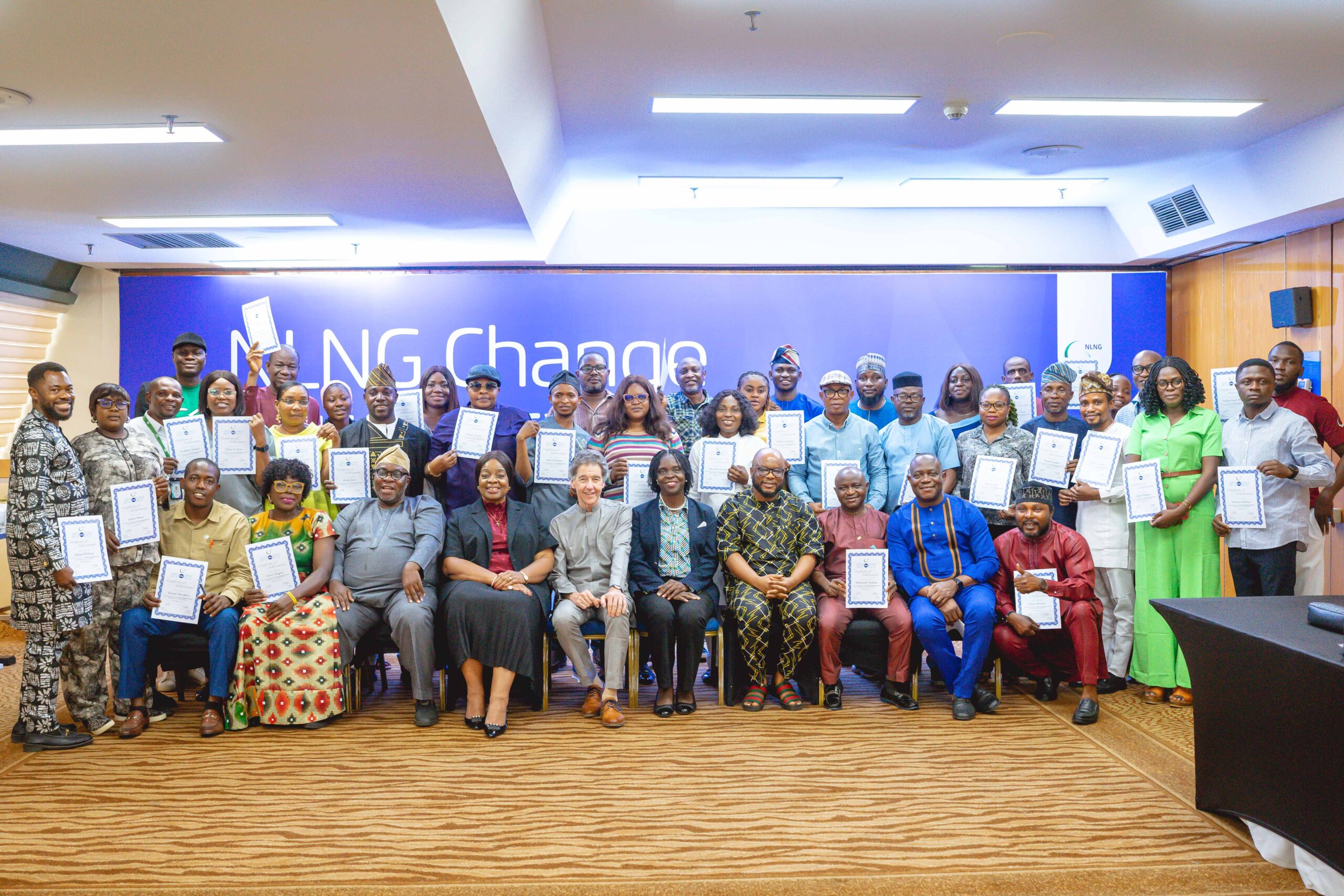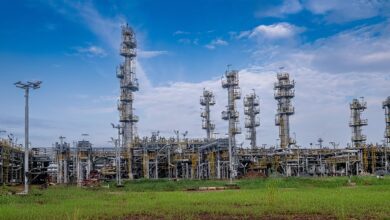‘Most Pipeline Systems Connecting Jetties To Depots Were Constructed Without Licenses’

By Sunday Etuka, Abuja
The Authority Chief Executive of the Nigerian Midstream and Downstream Petroleum Regulatory Authority (NMDPRA), Engr. Farouk Ahmed has disclosed that most of the pipeline systems used for transportation of petroleum products from jetties to depots were constructed without licences as required by extant laws.
Engr. Ahmed disclosed this recently during the Midstream and Downstream Transportation Pipelines Stakeholder’s Engagement with the theme: ‘Regulatory requirements relevant to petroleum product transportation pipeline systems’,
in Abuja.
He said, the workshop became necessary as a follow up to the findings of the audit of petroleum product pipelines connecting jetty installations to petroleum product depots which revealed the gap.
He noted that it was important for the Authority to engage stakeholders on the development to offer needed guidance required to help them comply with the provisions of the PIA which is the Authority’s principal legislation.
He explained: “As your business enabler, we will not just engage you to provide guidance for enhanced safe operations, but also make you part of the decision-making process as key stakeholders. Your viewpoints during today’s workshop will count as much as anyone on the team. We, therefore, employ you to feel comfortable and share your thoughts.”
Ahmed noted that the Authority had laid out a roadmap that establishes solid footing with all the stakeholders all the way and is willing to share the details and get everyone’s input on the subject.
In his presentation, ‘requirements for regularizations of pipelines License To Operate (LTO)’ the Authority’s Executive Director, Hydrocarbon Processing Plants, Installations and Transportation Infrastructure (HPPTITI), Engr Francis Ogaree, informed that Section 174 (4) of the PIA 2021 states that where a person engages in the construction and operation of petroleum product pipeline without a license or permit issued by the Authority, Authority shall seal the premises where the activity is being undertaken, dismantle, seize and confiscate the pipeline.
In addition, Section 174 (5) of the PIA 2021 says that such a person commits an offence and is liable on conviction to imprisonment for a term of up to one year.
Highlighting the benefits of licensing for oil and gas operations, Ogaree said licensing legitimizes business operations by enhancing reduced operational risks.
“It provides a positive insurable posture in further enabling the business. Licensing instills operations and maintenance obligations on facilities in ensuring their safety and prolonged operability. Licensing prescribes Health and Environmental protection conditions on the operations thereby enabling sustainable operations,” he explained.
Ogaree revealed that the Authority is committed to regularizing the licensing status of pipelines by providing a three-month window to allow for companies to apply for and update the License to Operate (LTO) for pipelines.
Additionally, penalties on construction and operating pipelines without licenses (PTS and OPLL) to be waived in regularization of pipeline Operating Licenses.
Other steps, according to him, is providing a waiver on Permit to Survey (PTS) and Oil Pipeline Licenses (OPLL) processes.
He added: “Allowing Companies with multiple spur transportation lines to aggregate the lengths of the lines in reducing the net applicable fee for pipeline regularization. Advising on procedures that will enable Companies gazette the Right of Way (RoW) for their transport lines routes so as to legitimately ward off encroachment to the facility. Providing a Standard Operating Procedure (SOP) to Companies on the Installation and Operations of Flexi-pipes as transportation lines.”






